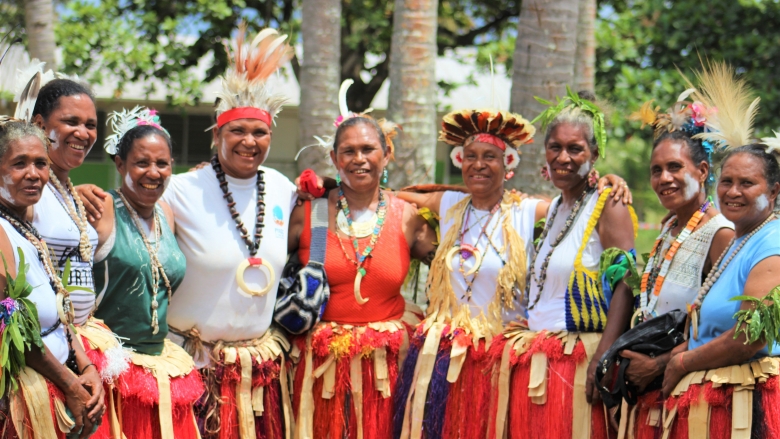Hula village, located on the Magi Highway in Papua New Guinea’s Central Province, to the west of the capital, Port Moresby, is a combination of surf, sunshine and coconut-fringed beaches. The village is generally abuzz with fishermen leaving or returning on motorized aluminum dinghies or airing out nets on stilts, and women cleaning fish or loading them into esky coolers to keep them fresh.
These scenes reflect what Hula is famous for throughout the country: the home of hardy fishermen and women, who are the leading suppliers of fresh fish to markets, restaurants and hotels in the capital.
But, these fishing families have, until recently, faced the grueling task of catching fish by night, before travelling the 115 kilometers to Port Moresby at the break of dawn on potholed stretches of road prone to landslides, and sometimes fatal accidents.
Fortunately, fishermen and farmers from communities in and around Hula now have quicker, safer and more reliable road access to the capital city of Port Moresby due to the second phase of the World Bank-funded Road Maintenance and Rehabilitation project (RMRPII). For these isolated rural communities market access is essential for their livelihoods and income, and the refurbished road is already delivering benefits.


